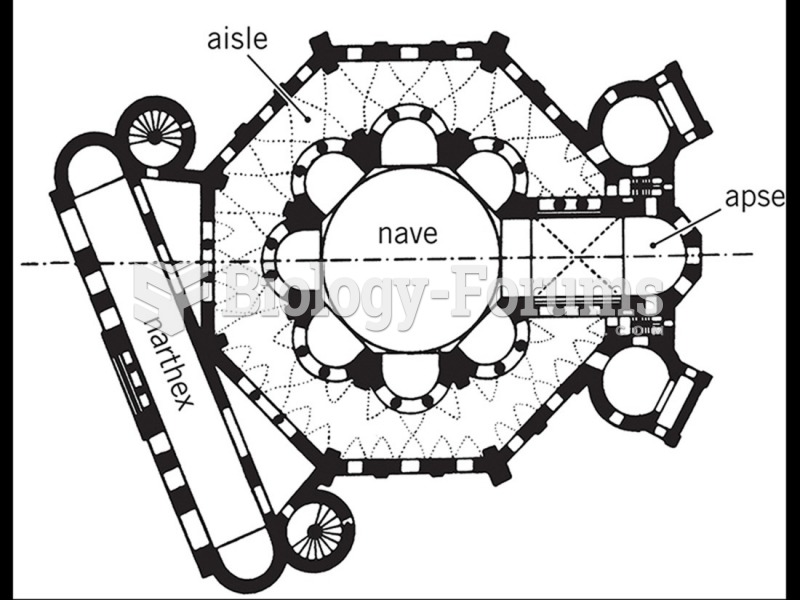|
|
|
The longest a person has survived after a heart transplant is 24 years.
About 100 new prescription or over-the-counter drugs come into the U.S. market every year.
When blood is exposed to air, it clots. Heparin allows the blood to come in direct contact with air without clotting.
For high blood pressure (hypertension), a new class of drug, called a vasopeptidase blocker (inhibitor), has been developed. It decreases blood pressure by simultaneously dilating the peripheral arteries and increasing the body's loss of salt.
The first successful kidney transplant was performed in 1954 and occurred in Boston. A kidney from an identical twin was transplanted into his dying brother's body and was not rejected because it did not appear foreign to his body.







